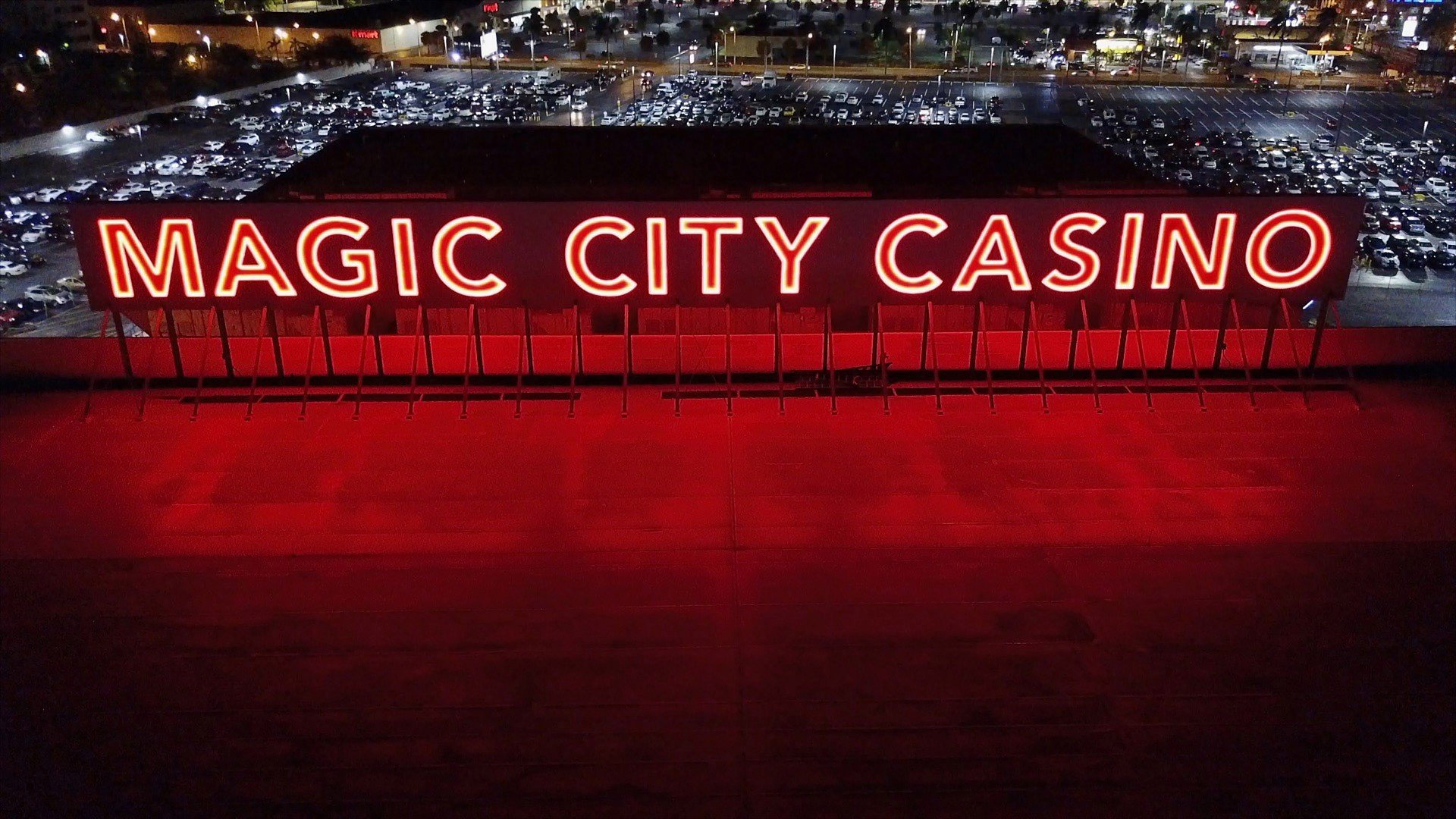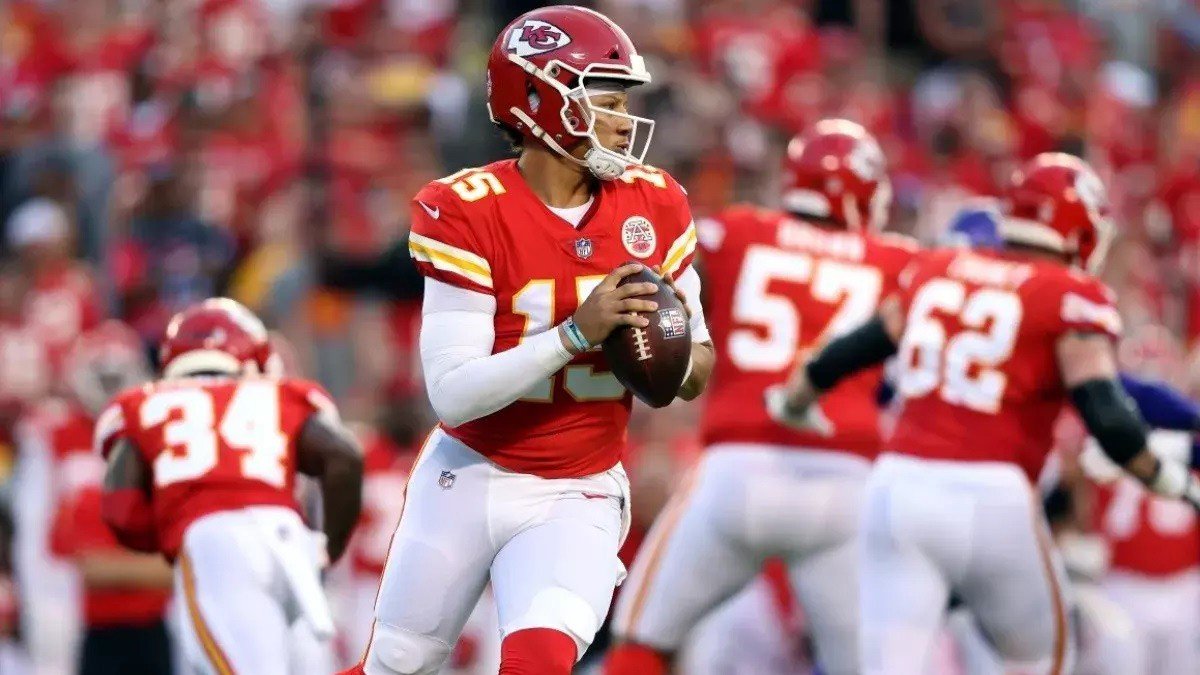Miami's Magic City Casino to be sold to the Poarch Band of Creek Indians

The owners of Florida’s Magic City Casino in Miami are selling the gambling operation to Alabama-based Native American tribe Poarch Band of Creek Indians for an undisclosed price, reports the Miami Herald. The Havenick family, which owns the casino, is set to ask the state on Thursday to transfer its lucrative gambling permit to the tribe.
Magic City Casino is one of Florida’s longest-running gambling operations. The gambling license transfer would allow the tribe to own and operate the property and retain control of the casino’s greyhound permit, which was first issued by the state in 1931. While greyhound racing is now banned in the state, it is the ticket that allows the casino to legally operate slot machines.
The decision on whether to approve the transfer will go before the new Florida Gaming Control Commission at their Thursday meeting in Tallahassee. According to an application submitted to the commission last month, which was retrieved by The Herald, Havenick family-controlled West Flagler Associates entered into an asset purchase agreement with Poarch tribe subsidiary Wind Creek Miami to acquire 100% ownership interest and equity interest in the permit.

“Because it is acquiring the permit, Wind Creek will also acquire a parimutuel operating license, cardroom license, and the slot machine license for the 2022-2023 fiscal year,’’ the application states. The Havenicks’ other gambling operations – including a permit to operate summer jai alai and poker in Miami’s Edgewater neighborhood and the Bonita Springs Poker Room near Fort Myers – will remain in the family control.
The deal will allow the Poarch Band of Creek Indians further expand their gambling footprint across the U.S. The tribe now has 10 gaming operations, and already holds two gambling permits in North Florida, a greyhound permit and a cardroom in Pensacola, and a barrel racing track and poker room in Gretna.

Magic City Casino features 800 Las Vegas-style slot machines, Poker tables, live seasonal Jai-Alai and a venue to enjoy sports and dining. It is yet unknown if the proposed deal would influence West Flagler Associates’ ongoing legal action over sports betting, which invalidated the updated gaming compact between Gov. Ron DeSantis and the Seminole Tribe of Florida.
The Havenick family-owned firm was one of the plaintiffs in the lawsuit that led to the court’s rejection of the deal, which granted the Seminole Tribe a monopoly over sports betting in the state. A ruling last December determined the compact violated federal Indian gaming law. The deal was thus struck down, halting sports betting and gaming expansion in Florida indefinitely.
The ruling is currently under appeal by the Seminole Tribe and the United States Department of the Interior.
















